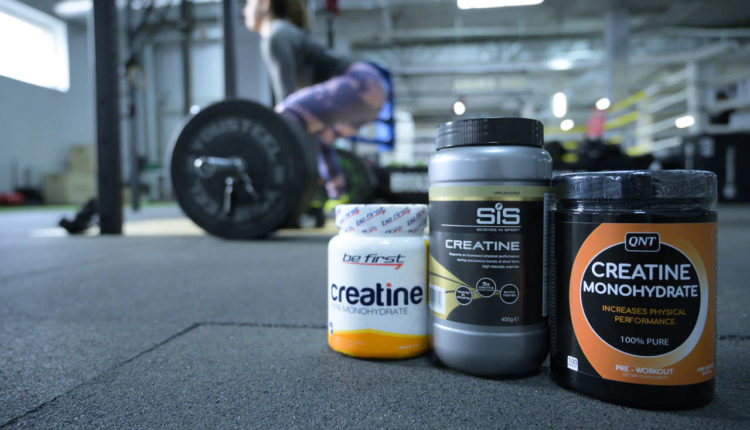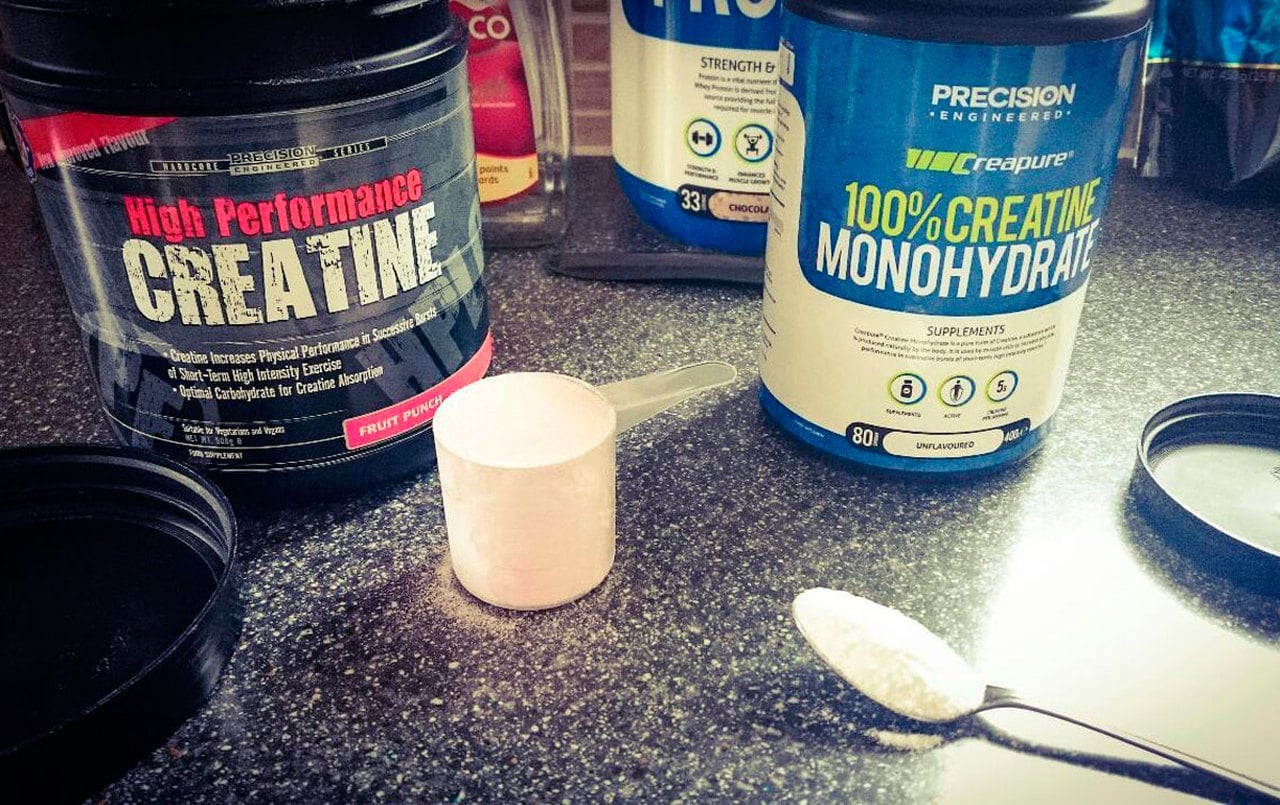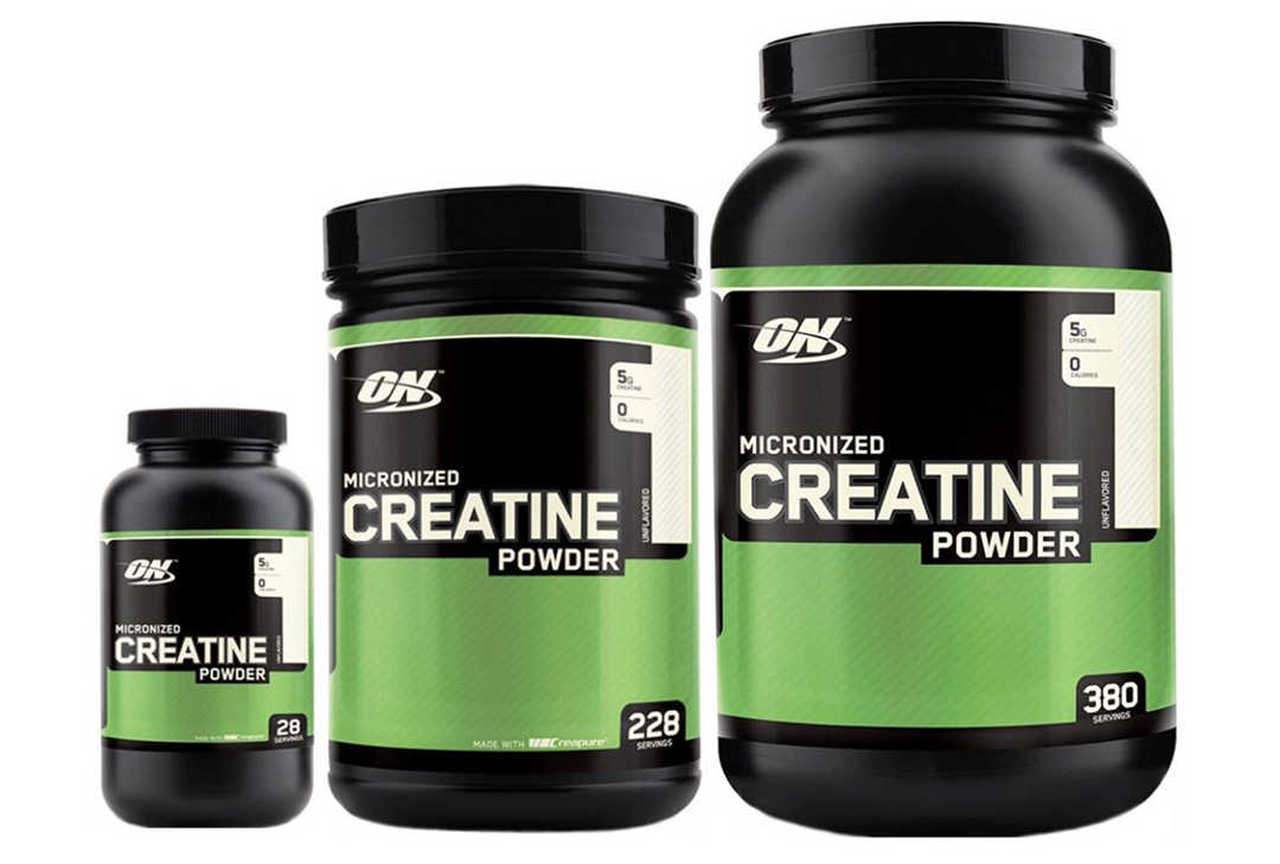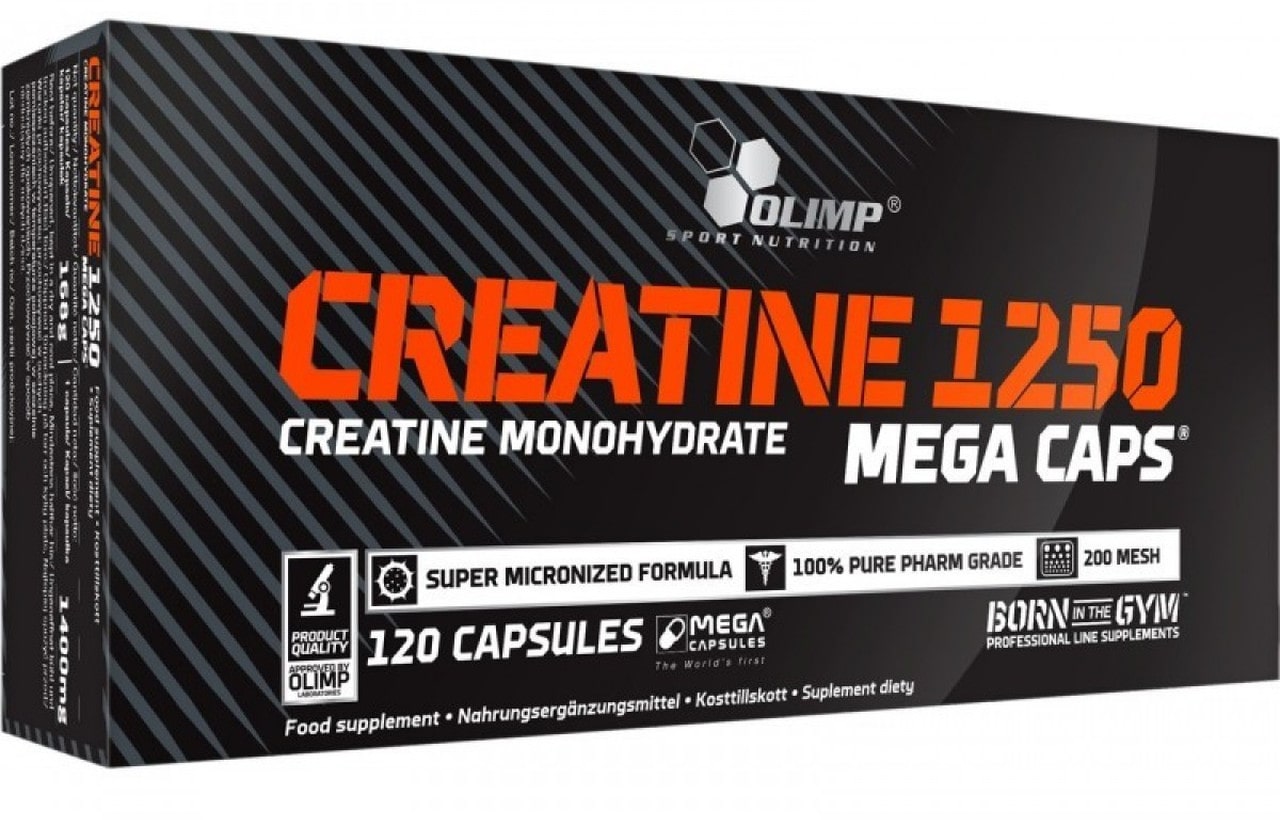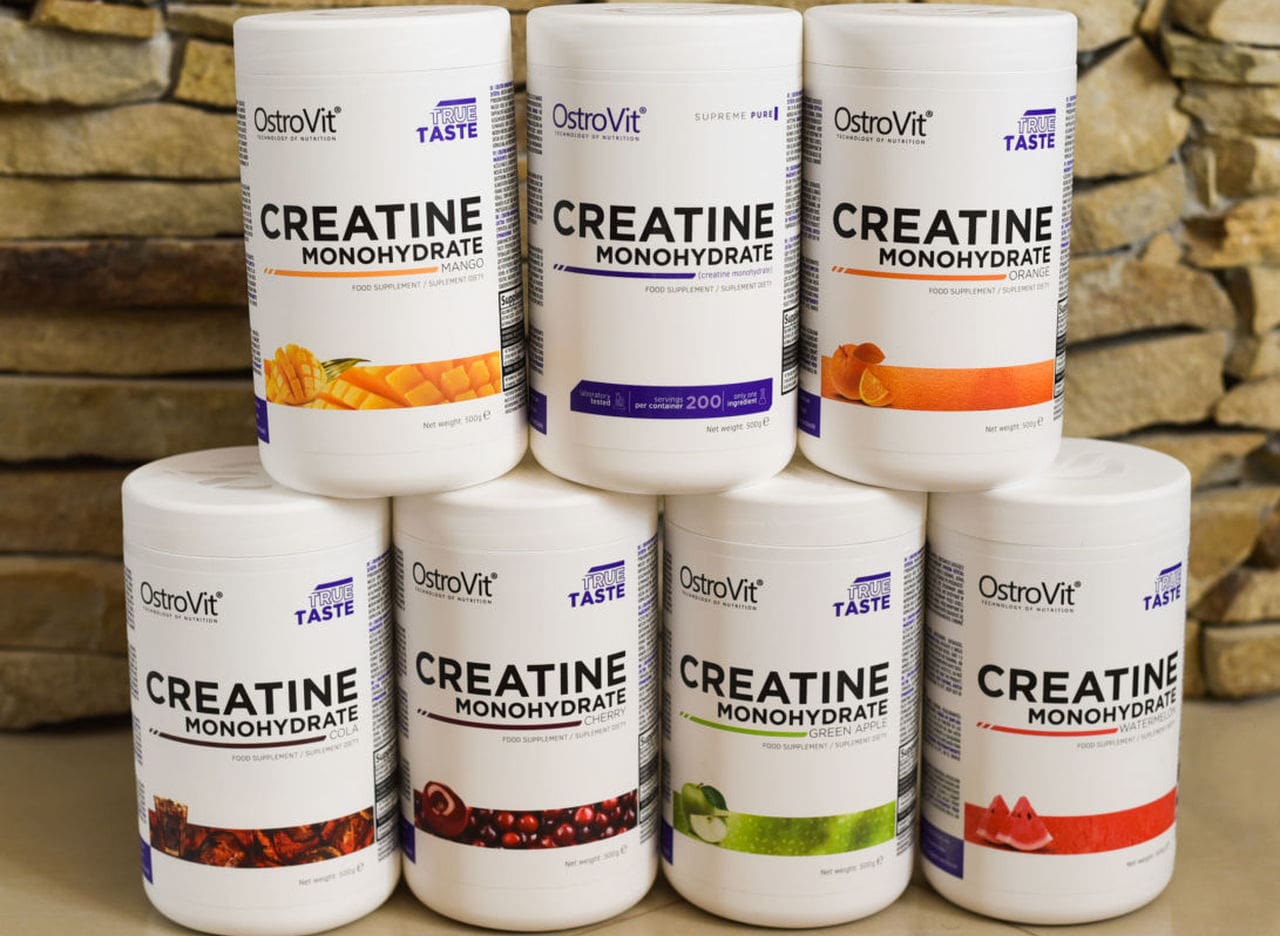Спортивная добавка под названием «креатин» настолько популярна на рынке, что практически все атлеты перешли на её употребление. Причем, большинство из спортсменов не до конца понимают, что это и зачем. Большинство ресурсов в сети интернет просто скопировали себе на страницу текст из Википедии. Надеясь, наверное, привлечь покупателей. Ведь по тексту можно сразу перейти к покупке на интернет-магазин.
Креатин: что это
Креатин – это азотосодержащая карбоновая кислота, которая вырабатывается человеческим организмом в необходимом для жизнедеятельности объёме. Синтезируется креатин из аминокислот и ферментов, которые также присутствуют в организме. То есть, человеческое тело, не испытывающее каких-то сверх нагрузок, не нуждается в спортивном питании.
Что делает креатин
Продукт синтеза аминокислот помогает накапливать гликоген в мышцах, попутно накапливая влагу в организме при увеличении процентного содержания в теле. Как говорят культуристы – креатин даёт набор массы. Нет, азотосодержащая карбоновая кислота увеличивает объем мышц за счёт воды. И благодаря этому увеличению, спортсмен может взять в работу больший вес. А увеличится размер мышцы или нет, зависит уже от эффективности тренировки, правильного питания и отдыха.
Креатин безвреден для организма
Теоретически, да. По крайней мере, не зафиксировано ни одного случая о гибели спортсмена от употребления креатина. Помимо увеличения массы тела, путём притягивания воды в мышцы, спортивная добавка оказывает анаболическое действие на сухожилия и связки. Имеется доказательная база, с проведением экспериментов на атлетах. Здесь не поспорить.
А вот ещё интересный факт. У спортсменов, потребляющих креатин, исследования выявляют каменные образования в почках (100% случаев). Причём, после окончания приёма добавки (спустя 14 дней), обнаруженные камни исчезают бесследно. Так как в экспериментальной группе участвуют люди молодого и среднего возраста (18-45 лет), не факт, что у пожилых спортсменов камни могут рассосаться.
Какой креатин выбрать
На рынке нам предлагают моногидрат и гидрохлорид креатина. В первом случае – это молекула креатина с водой, во втором – смесь с водородом и хлором. Моногидрат имеет низкую растворимость, плохо усваивается, но весьма недорог. Гидрохлорид быстро попадает в организм, экономен в дозировках, но стоит дорого. Для спортсмена, стоящего перед выбором, какой креатин выбрать, точного ответа не существует. Если перевести всё в дозировки и цену, то отличия найти не получится. Поэтому лучше ориентироваться на удобства приёма.
Нужен ли креатин в спорте
Очень интересный момент. Знаменитые атлеты, имеющие низкий процент жира и шикарные формы тела, не употребляют креатин. А почему? Потому, что он удерживает воду, которую всеми силами (с применением фармакологических препаратов) изгоняют из организма. Сухая мышечная масса и креатин – это два противоположных направления.
Цель статьи – не отговорить от покупки. Хотите – употребляйте. Но эффект нулевой для большинства непрофессиональных спортсменов. Хотите восстановить организм после тренировки – пейте витамины группы А и В, цинк, магний, омега кислоты. Эффект будет ощутим – гарантируем.

